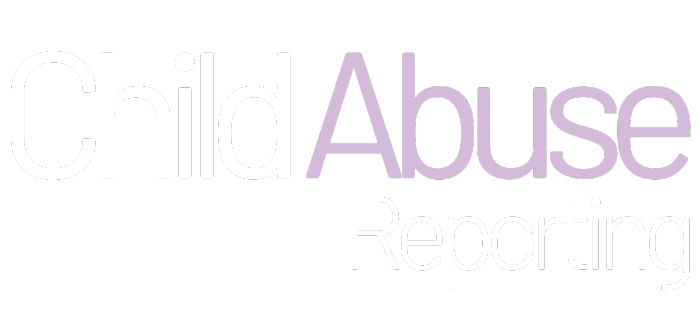Many adults assume that violence does not affect young children, that they are too young to know what’s going on, or that they are resilient. Actually, they usually see and hear more than we believe they do.
In fact, they may experience the loud noises and confusion that come with violence more intensely than adults do. But it’s often hard for them to say what’s bothering them, and for adults to take them seriously.
Exposure can affect the development of children and can have different effects, depending on the child’s stage of development. Children exposed to violence are more likely to exhibit subsequent problem behaviors including depression, substance abuse, aggression, and delinquency.
Recent research on children’s development shows that what happens very early in a child’s life, forms the core of a child’s capacity for learning, socialization, and success. Young children exposed to violence must master crucial developmental tasks, such as walking, talking, play, and emotional attachment – while in a persistent state of unrest.
Without help, children may have immediate problems such as trouble sleeping or unexplained physical symptoms such as headaches or stomach aches. They may be angry and aggressive or overly active. Other children may worry constantly and withdraw from friends or activities. They may become distressed by anything that reminds them of violent events, or they may become numb emotionally. As they get older, some of these children are at increased risk for juvenile delinquency, substance abuse, or learning problems.”
Reprinted with permission. Deborah Johnson. Director of Community Services at the Children’s Institute, a Rochester-based child research organization, and Director of Rochester Safe Start, a National Demonstration Project in Rochester funded by the US Department of Justice. Democrat & Chronicle. May 1, 2002.
Definition:
Unfounded
No evidence of abuse of neglect is found as a result of the investigation.
In Depth:
What Is Neglect?
Different kinds of neglect may result from things that a parent/caretaker does, as well as things that a parent/caretaker doesn’t do.
Things that a parent does: Neglect occurs when a parent/caretaker does something to the child that results in physical, mental, or emotional harm; when a parent causes physical injuries which are harmful to the child, but are not as medically serious as those that would meet the definition of physical abuse; and when a parent misuses drugs or alcohol in a way that harms the child physically or emotionally.
Things that a parent doesn’t do: Neglect occurs when a child is harmed physically, mentally or emotionally because a parent/caretaker fails to provide a minimal level of care for the child’s basic needs. Poverty, however, is not the same as neglect.
Working Definition:
Neglect occurs when a parent (or person legally responsible) fails to provide a minimum level of care by doing something that inflicts harm, allows harm to be inflicted, or creates an imminent danger of harm. The harm, however, does not result in the kind of serious physical injury that is defined as physical abuse.
- Excessive use of corporal punishment – Parent uses a stick to punish a child that leaves bruising on the legs and buttocks.
- Misuse of drugs or alcohol – (i.e., a four-year-old child is found on a street corner at night because the parent is drunk at home and unable to supervise).
- Misuse of pornography – Parent allows a child to watch pornographic movies on a regular basis, and the child begins to act out the scenes with other children at school. Neglect also occurs if a parent (or person legally responsible) fails to provide a minimum level of care—food, water, clothing, housing, medical and dental care, education and adequate guardianship—to a point at which the child’s health and welfare are compromised.
Examples:
- A parent who is homeless refuses to accept emergency housing and is sleeping under a bridge with his or her child in the winter
- A parent doesn’t provide food, and the child is underweight and listless
- A child’s educational progress is impaired because the parent is aware that the child is missing school and fails to do anything about it
- A child has painful tooth decay and the parent does not seek dental care
- A preschool child is left home alone by the parent
Details from: http://www.dorightbykids.org/working-definitions-of-sexual-abuse-physical-abuse-neglect#neglect

